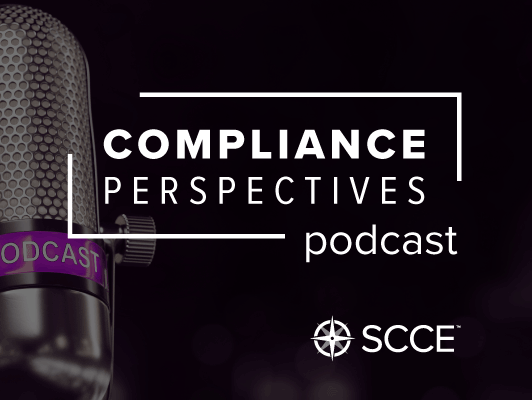Podcast: Play in new window | Download (Duration: 11:08 — 10.3MB)
Subscribe: Apple Podcasts | Email | TuneIn | RSS
Self-disclosures and returns of overpayments are a fact of life for healthcare providers in the US, but that doesn’t mean that what to do in every situation is always perfectly clear or easy.
Elliott Coward, Associate at Morris, Manning & Martin and author of the chapter “Self-Disclosure and Return of Overpayments” for the Complete Healthcare Compliance Manual provides an excellent overview of the self-disclosure and repayment obligations this podcast.
She explains that obligations to self-disclose and return overpayments fall into two buckets. There is a “concrete bucket” such as Medicare’s 60-Day Rule. It requires providers provide accurate bills for payment, and if any non-compliance is found to refund the overpayments.
The second bucket is less concrete and contains carrots and sticks from the regulators. These provide incentives for self-reporting and penalties for failure to do so.
Whatever bucket the issue you encounter falls into, she recommends coming to the government well-prepared. Make sure the audit is done thoroughly and well. Have in hand the exact amount that can be tied to a specific claim or a statistically strong extrapolation. And, be sure to have your story straight: understand what the problem was, what caused it, and what your organization’s remediation plan is.
In addition, and especially if the self-disclosure was caused by a very significant problem, be sure to also demonstrate that the root cause has been identified and proactive steps have been taken to correct it.
For simpler disclosures and repayments, she cautions against taking them too lightly. Follow the instructions for repayment to a tee. Don’t skip any steps and follow all the instructions carefully. A short cut can easily trigger an inquiry and all the additional burden that comes with it.
Listen in as she also explains some of the nuances such as the difference between a simple error, when there are indications of potential fraud, and when a Stark Law violation has occurred.


